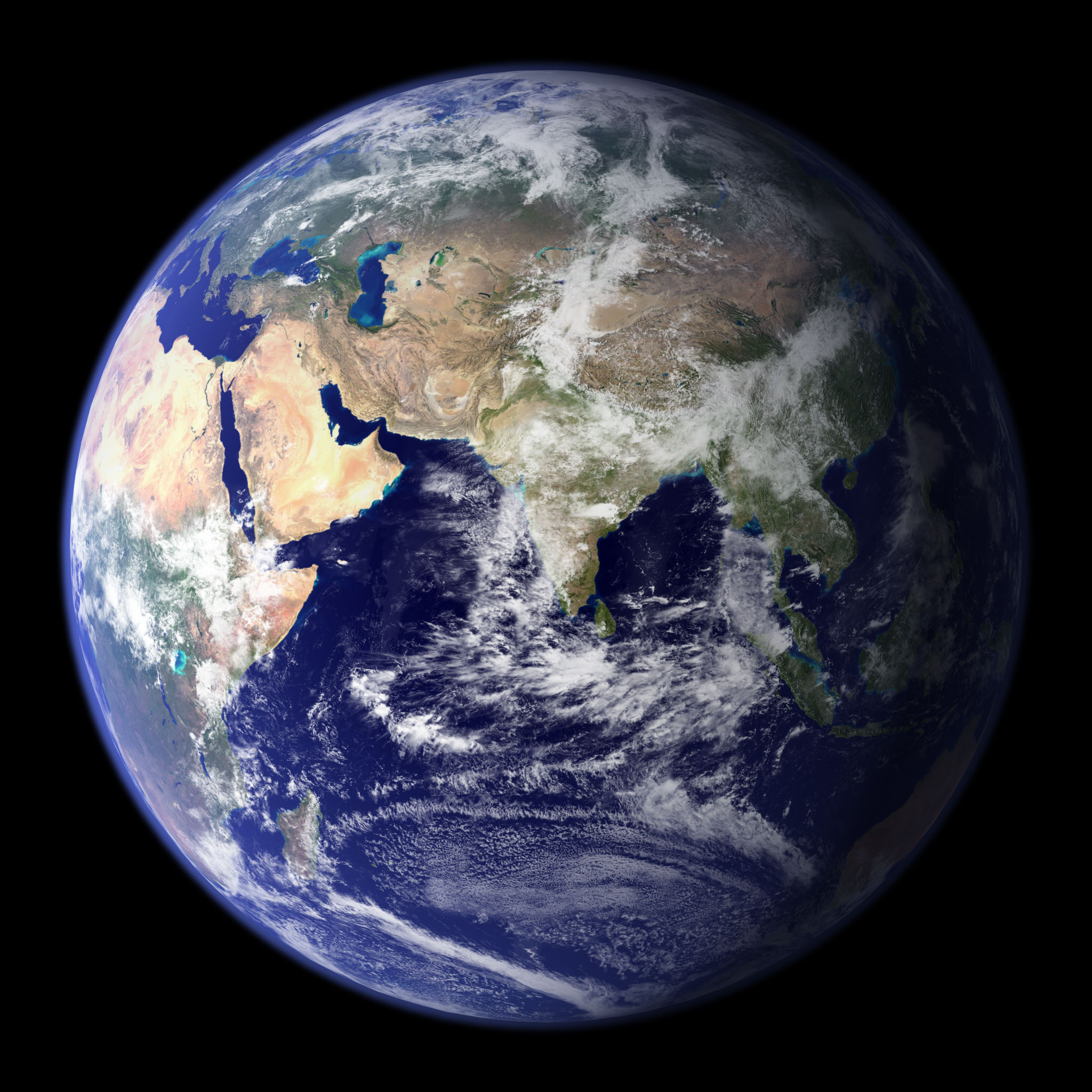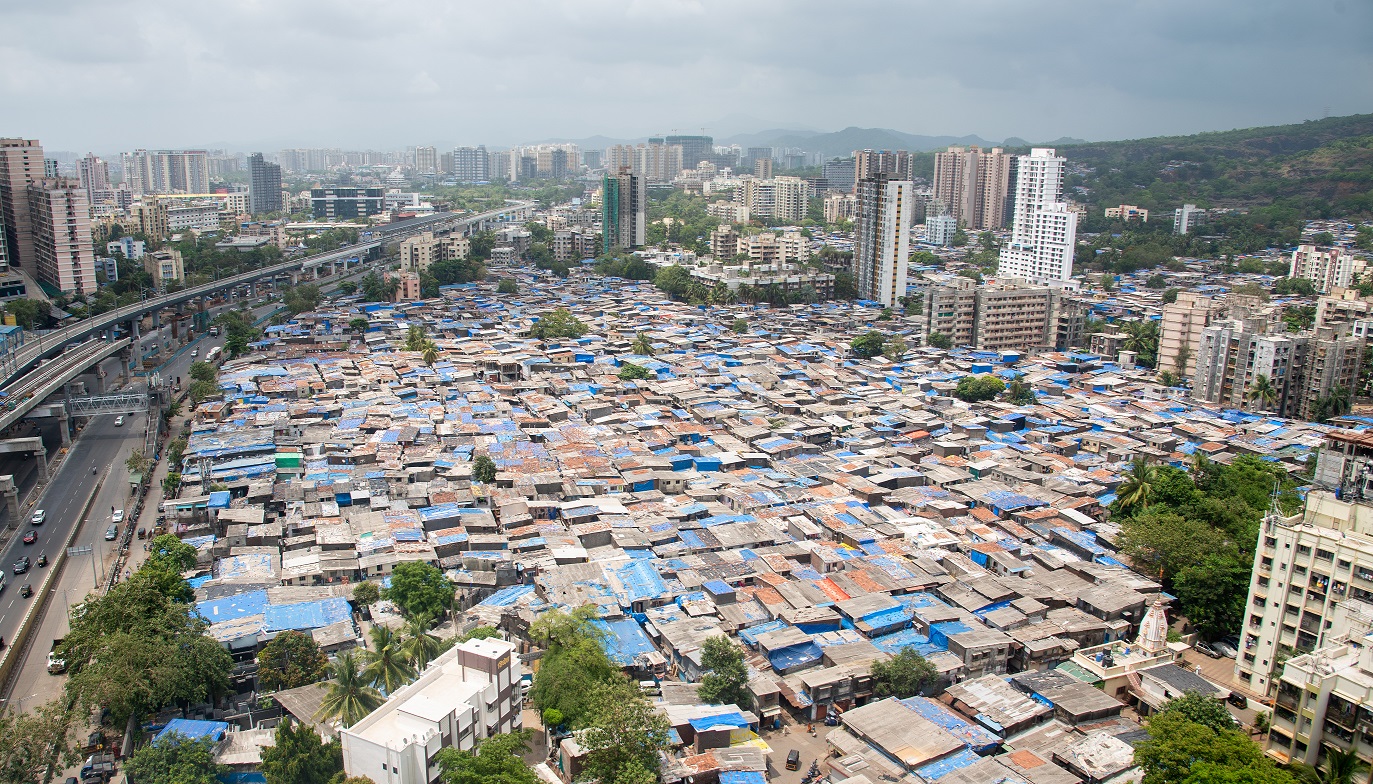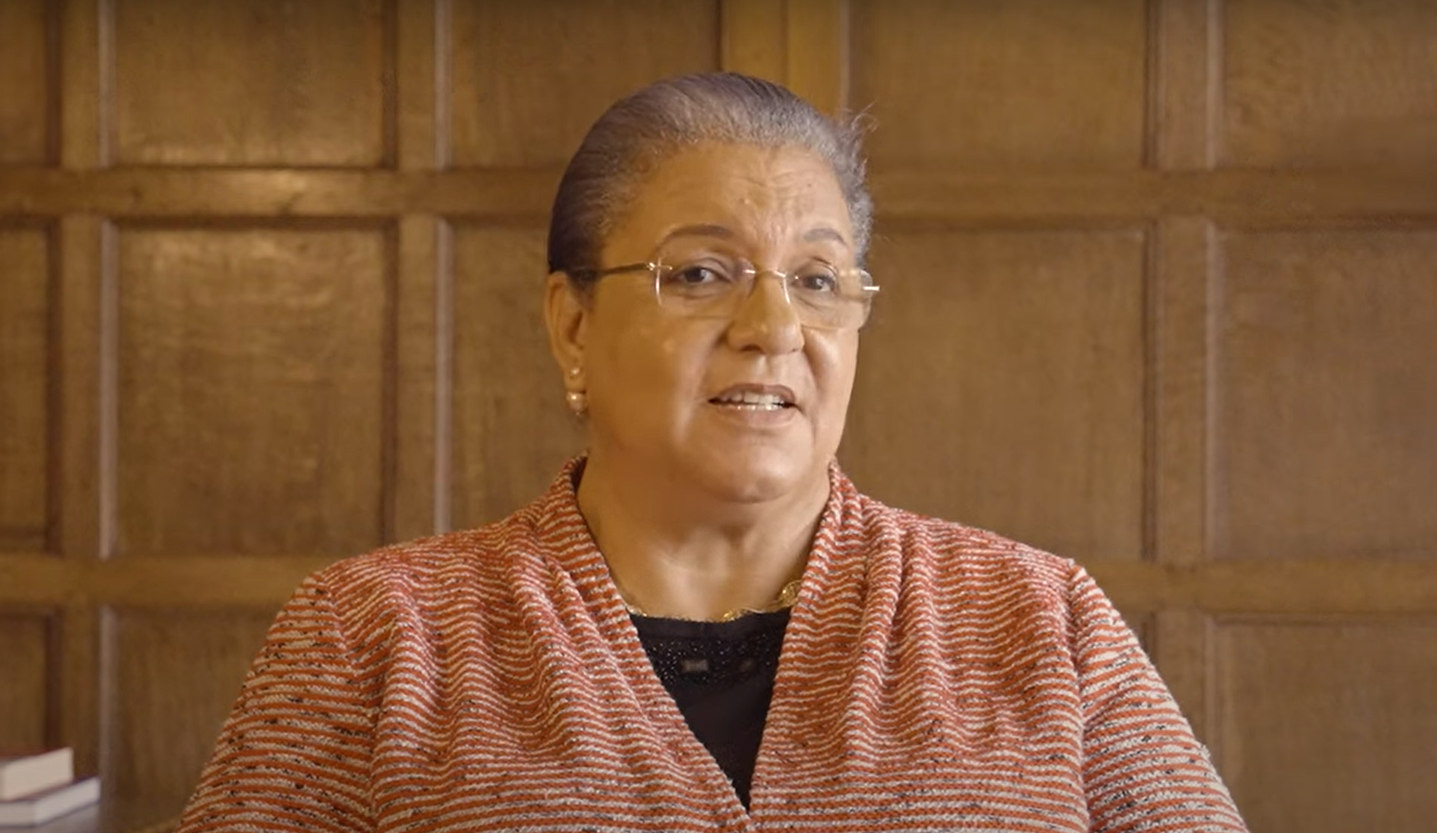Building on the scope of HMG policy planning and on previous Wilton Park conferences, this high level meeting assisted senior officials to consider international perspectives on the Middle East and North Africa, projecting 20 years on from the changes brought about by the Arab wave of democracy.
Key Points:
- The term ‘Arab Spring’ has become a convenient journalistic shorthand for the events unfolding in the Middle East and North Africa (MENA), but it is a misleading and inaccurate term. They are better characterised as a series of ‘Arab uprisings’, or a 21st century ‘Arab awakening’. However, this is of a very different nature to the ‘awakening’ that took place 100 years ago, which was of a more secularising nature.
- The changes in the Middle East and North Africa could be seen as part of a broader ‘global political awakening’ (to use the political scientist, Zbigniew Brzezinski’s expression), including protestors in New York and London, along with other indignados. Are the Arab uprisings the early indicators of change of a global dimension, with wider impact on the course of world politics?
- The voicing of deep senses of identity that have been repressed for years, may take global actors in directions for which they are unprepared. Translating popular will into effective economic and political action will be a critical challenge, raising new questions. What does this mean for the monarchies? If Islamists come to power across the region, what will happen in Morocco, Tunisia, Syria, Yemen?
- Looking ahead 20 years: what form of governance will emerge in the region? The nature of power is changing. Repression is no longer accepted by populations amidst a rising demand for legitimacy. Change is germinating throughout society. People are better educated, better connected, and more aware of the wealth of elites. The wall of tyranny is being challenged and demolished in states such as Tunisia, Morocco and Libya.












